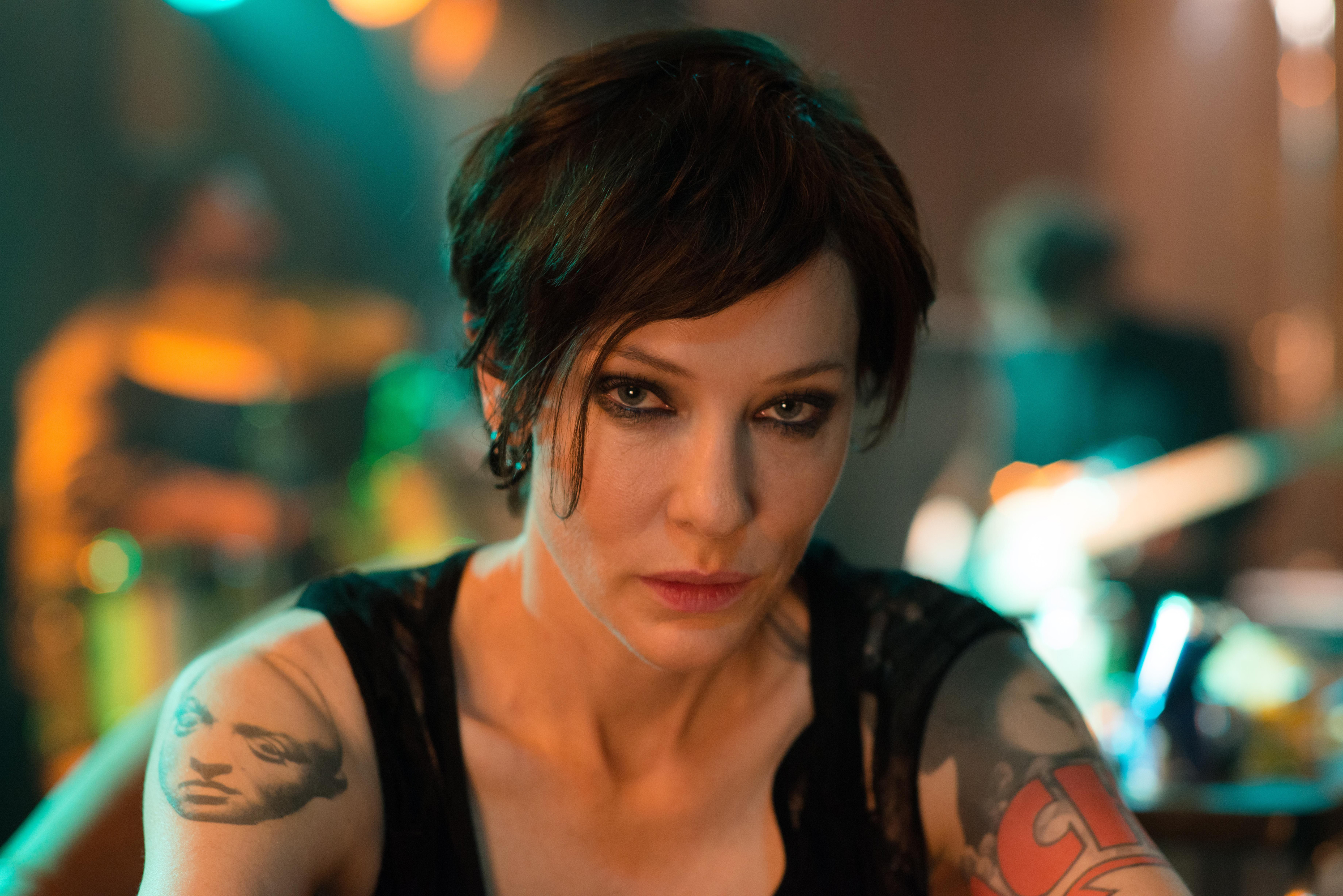From February 10th to September 18th, 2016, the Nationalgalerie in Hamburger Bahnhof is dedicating a solo exhibition to the Berlin-based artist Julian Rosefeldt (born 1965). In addition to his photographic works, Rosefeldt is best known for his lavishly staged films.
The longing for manifestos is unbroken. This is what Rosefeldt's new film installation Manifesto shows: 13 films running in parallel bring angry, youthful and incredibly current-sounding words to the screen. In fact, for each film, Rosefeldt collaged historical original texts from numerous manifestos by artists, architects, choreographers and filmmakers - including texts by Filippo Tommaso Marinetti, Tristan Tzara, Kazimir Malevich, André Breton, Claes Oldenburg, Yvonne Reiner, Sturtevant, Adrian Piper, Sol LeWitt or Jim Jarmusch. Many of them display surprising theatrical and literary strength. The liveliness and angry outcry of a young generation are inscribed in the content and performative energy of the proclamations. Rosefeldt has condensed this power into speakable text collages.
